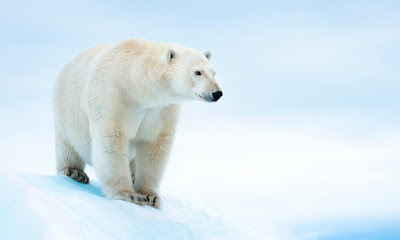A Summary Of The IPCC Report - Impacts, Adaptation And Vulnerability
.jpeg)
This report builds on previous work done by the panel in the fifth assessment cycle (AR5) and all reports since then (land, ocean and cryosphere, 1.5 degrees warming, and the WG1). It is based on a wider and deeper knowledge base accrued since then. It starts by noting the interdependence of the human world and Earth systems (climate, biodiversity and ecosystems). Climate change is occurring simultaneously with challenges such as biodiversity loss, population spikes and shifts, overconsumption and overstretching of the Earth’s natural capacity and resources, socioeconomic phenomena such as inequity, injustice and health concerns. The spotlight is on climate risk in terms of vulnerability, exposure, resilience, adaptation, equity and justice especially climate justice. Notably, efforts by people to respond to climate change can further trigger risk. Adaptation refers to making the best of what happens while maintaining function, or better still evolving (transforming) to better.
